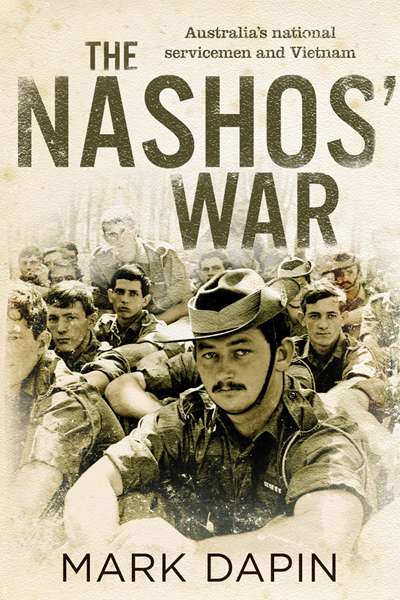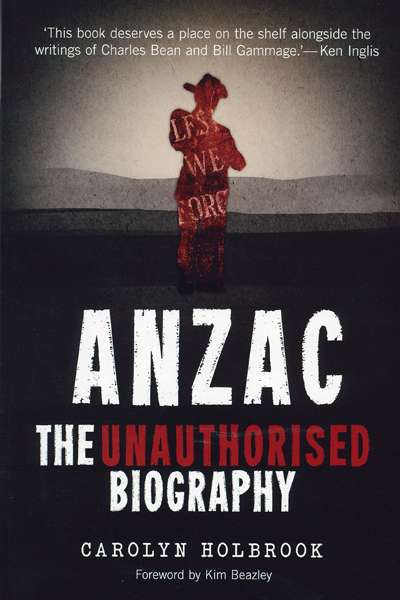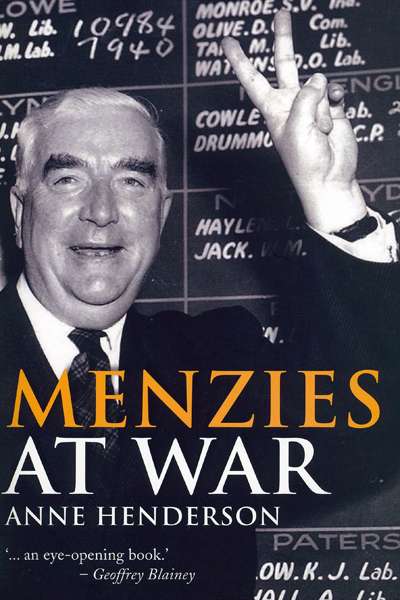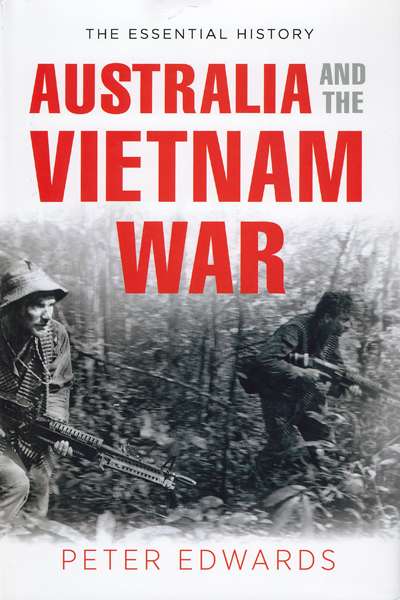Military History
The Darkest Days: The truth behind Britain's rush to war, 1914 by Douglas Newton
by Nigel Biggar •
The Nashos' War: Australia's National Servicemen and Vietnam by Mark Dapin
by Peter Edwards •
Hell-Bent: Australia’s leap into the Great War by Douglas Newton
by Carolyn Holbrook •
War! What Is It Good For?: The role of conflict in civilisation from primates to robots by Ian Morris
by Robert O'Neill •
A War of Words: The man who talked 4000 Japanese into surrender by Hamish McDonald
by Darren Swanson •
Crucible: An Australian First World War novel by J.P. McKinney
by Rodney Hall •
Anzac Memories: Living with the legend, Second edition by Alistair Thomson
by Joan Beaumont •










